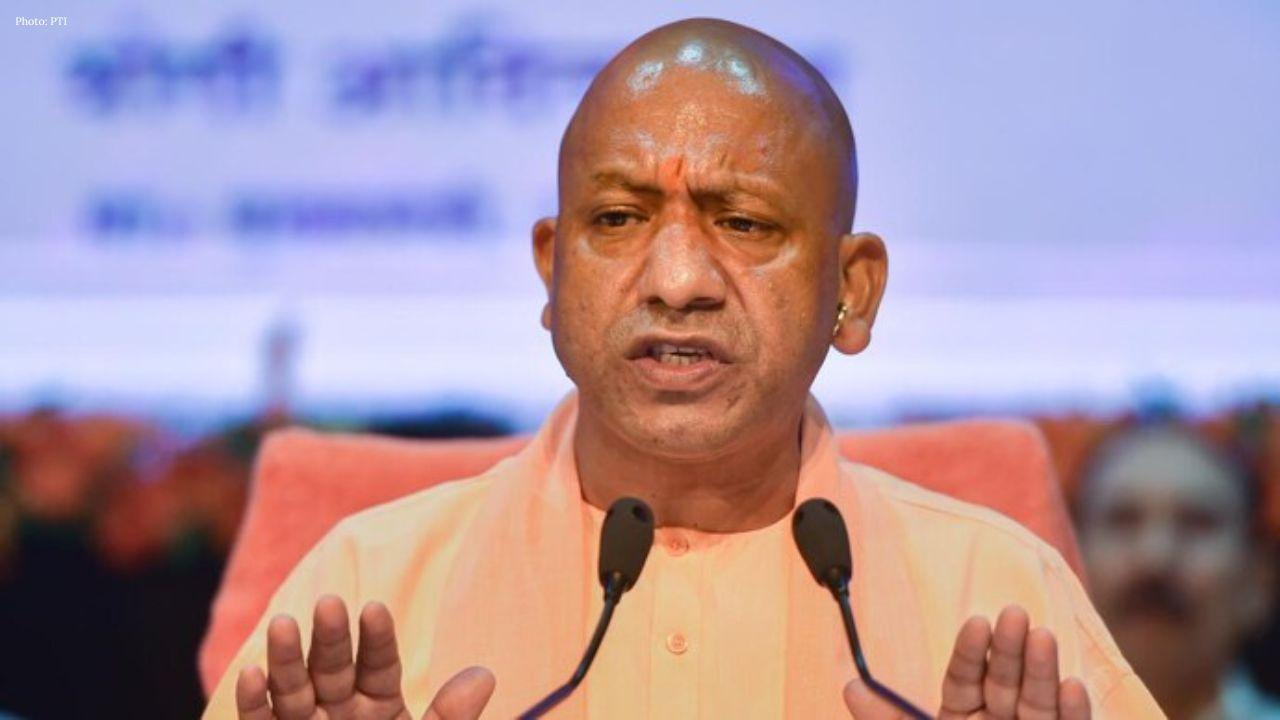You have not yet added any article to your bookmarks!

Join 10k+ people to get notified about new posts, news and tips.
Do not worry we don't spam!

Post by : Anis Farhan
Photo: Reuters
Samsung Electronics saw its shares slip on Monday following concerns surrounding its recently announced partnership with Tesla. The collaboration, initially hailed as a potential breakthrough in automotive chip technology, has raised new questions over feasibility, timeline, and the broader competitive landscape.
According to the Reuters report published today, Samsung's stock declined by nearly 2.5% on the Korean exchange, reflecting investor anxiety over the operational and strategic hurdles the company faces in securing long-term traction within the electric vehicle (EV) ecosystem—especially against rivals like TSMC and Intel.
The Tesla-Samsung deal, reportedly focused on developing next-generation AI-driven automotive chips, was positioned as a long-term strategic alignment. Insiders had previously suggested that Tesla was looking to reduce reliance on existing suppliers and diversify its semiconductor inputs, particularly for autonomous driving systems. Samsung, with its growing foundry business, was expected to be a core player in Tesla’s ambitions.
However, analysts now say the early excitement may have outpaced reality. Market reaction today reflected fresh skepticism, especially after reports indicated that the partnership lacks concrete production timelines and still faces technical compatibility issues. In short, while the alliance signals strategic intent, it's far from operational maturity.
“There's still a wide gap between prototype agreements and actual production-level deployment,” said Jaehoon Park, a Seoul-based tech analyst. “Investors are spooked not because of the partnership, but because of the ambiguity surrounding execution.”
Additionally, Tesla is notorious for demanding aggressive pricing and high production standards from its suppliers. Samsung’s profitability could come under pressure if it’s forced to compromise margins in order to compete with more cost-efficient manufacturers.
From a technological standpoint, the deal centers around Samsung's advanced 4nm and 5nm chipsets, which are critical for handling the processing loads of Tesla’s Full Self-Driving (FSD) software. While Samsung has shown progress in scaling these technologies, it still trails TSMC in volume and yield rates. That puts added pressure on the company to deliver both performance and scalability—factors that will ultimately decide whether the Tesla partnership bears real fruit or remains a high-stakes experiment.
There are also geopolitical headwinds. With the United States pushing for more domestic chip production and Tesla CEO Elon Musk’s tendency to lean towards U.S.-based suppliers, there’s concern that this collaboration might get caught in broader policy shifts or supply chain recalibrations. The Biden administration’s CHIPS Act incentives further complicate the landscape for foreign chipmakers vying for contracts with American firms.
On the other side, Samsung has maintained that its foundry division is committed to scaling operations globally. The company recently ramped up investment in its U.S. Texas-based fab and is reportedly planning further expansion into European markets, signaling that it is prepared to meet Western regulatory and logistical expectations.
Despite the market reaction, some long-term investors see the partnership as a strategic entry point for Samsung into a high-growth vertical. The global automotive semiconductor market is expected to grow at a CAGR of over 10% through 2030, driven largely by demand for EVs and autonomous driving features. If Samsung can overcome early-stage bottlenecks, the Tesla partnership could be a valuable catalyst for future growth.
Still, today's share decline underlines a core reality: in the semiconductor industry, investor confidence hinges not just on announcements but on execution. Until Samsung provides clarity on volume commitments, integration timelines, and revenue forecasts tied to the Tesla deal, the market is likely to remain cautious.
For now, both companies are playing a long game. Samsung has the technological muscle and Tesla has the vision. Whether this partnership becomes a cornerstone of the EV revolution or a missed opportunity will depend on how both firms navigate the complex interplay of innovation, scale, and global supply chains in the months ahead.
This article is prepared and published by Newsible Asia for informational purposes only. All facts are verified as of the date of publication. Newsible Asia does not hold any stake in Samsung or Tesla and maintains editorial neutrality in reporting corporate or financial developments.










Thai AirAsia Targets Growth Through China & Long-Haul Routes
Thai AirAsia aims 6-9% revenue growth in 2026 expanding domestic flights and new international route

India Ends Silent Observer Role Emerges Key Player in West Asia
From passive energy buyer to strategic partner India’s diplomacy in West Asia now commands trust inf

Indian Students Stuck In Iran Amid US-Iran Tensions And Exam Worries
Rising US-Iran tensions leave Indian students stranded, fearing missed exams could delay graduation

India Says J&K Budget Exceeds Pakistan’s IMF Bailout
India slammed Pakistan at UNHRC, stating J&K’s development budget exceeds Pakistan’s IMF bailout and

UP CM Holds Talks With Ex Japan Economy Minister in Tokyo
Yogi Adityanath met former Japan economy minister Nishimura Yasutoshi in Tokyo to boost UP-Japan coo

Hiroshima Teacher Arrested for Alleged Sexual Assault of Minor
A 37-year-old high school teacher in Hiroshima was arrested on suspicion of sexually assaulting a te